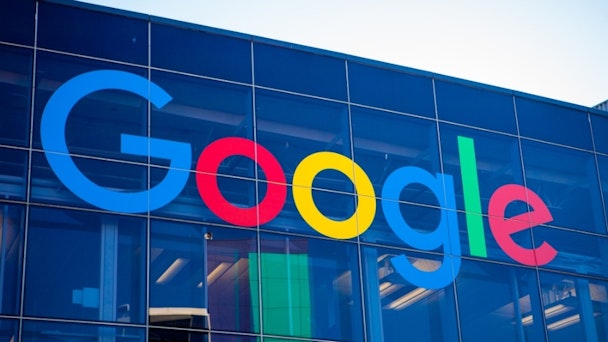Google announces privacy updates as industry stuck in cookie limbo
At the Google I/O event today in Mountain View, California, the internet giant shared plans to boost consumer privacy.

Google is likely to ban third-party cookies / Google
Google is providing users with auto-deleting controls that can automatically delete web and app activity after a minimum of three months. Google will eventually extend this privacy function to location history.
This move toward privacy comes as the advertising community awaits a new toolkit from Google that will limit cookies on its Chrome web browser, a possible move first reported by The Wall Street Journal.
The expected interface-like update would give Chrome users the ability to see the third-party cookies tracking them across the internet, and then give them the ability to avoid them.
Cookies essentially collect information on consumers, such as sites they’ve visited and ads they’ve seen, as they navigate the web.
Other web browsers like Safari and Mozilla have taken similar, but more extensive, measures to limit cookies. However, Chrome’s market share makes any anti-cookie update a game changer, as it would increase share of cookie-challenged browsers from 19% to 82%, according to data from LiveIntent.
Still, the advertising ecosystem is largely built on cookies, as it provides a comprehensive look at audiences for both buy- and sell-side players, allowing ads to be sold at a higher price.
“Improved relevancy has increased ad performance, which has allowed advertisers to up the amount they’re willing to spend,” said Andres Moran, vice-president of sales at BounceX. “Publishers have felt the benefits in increased advertising revenue without increasing ad impressions. Media companies are so reliant on that revenue stream, and this could potentially be a major hit.”
While Google hopes to please consumers increasingly calling for stricter user privacy, the move to limit third-party cookies will also likely be a win for its business as it may further reinfornce Google's anti-competitive advertising dominance.
“Google’s ability to accurately recognize and target individuals is a big reason why they’re so effective for advertisers, and this sets competitors back significantly from that perspective,” said Moran, who believes any cookie-limiting update from Google will draw attention from regulators.
LiveIntent’s senior vice-president of global marketing Kerel Cooper said advertisers and publishers need to prioritize their first-party data strategy.
“Brands and publishers that require a login to access their website are in the best shape because that login guarantees a relationship with the audience that can continue without an intermediary like the walled gardens,” said Cooper.
